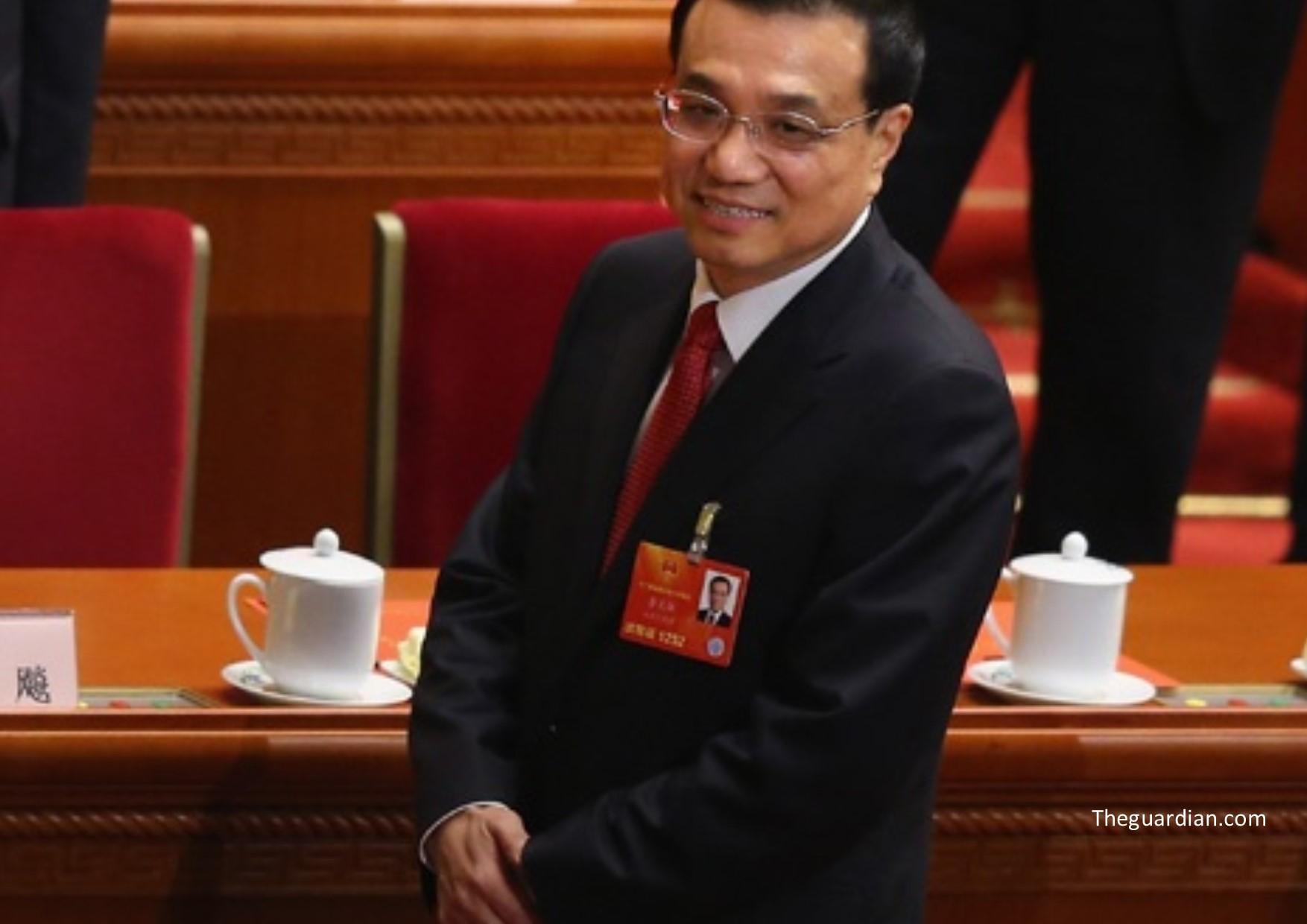
China’s key share indexes ended lower for the day yesterday, following three days of rebound, as a substantial correction in blue chips offset gains in small caps.
This follows efforts by the Chinese authorities to curb the slide of key Chinese markets after they crashed by more than a third in mid-June. The “Beijing Put” – whereby policy makers act to keep a floor under share prices, providing similar protection against losses as the derivatives contracts that give the right to sell a security – was introduced a few months ago in order to prevent further drops; however, the Shanghai Stock Exchange Composite Index has fallen 25% over the past four weeks and the Shenzhen Stock Exchange Composite Index has pulled back by around 28%. The Chinese government have since taken more aggressive measures to support the market by cutting interest rates, suspending initial public offerings, relaxing margin lending and collateral rules and enlisting brokerages to buy stocks, backed by cash from the central bank.
The Chinese government’s efforts to support the market has parallels with the U.S., where traders came to rely on the so-called “Greenspan Put”, initiated by former Federal Reserve Chairman Alan Greenspan. He often stimulated the market by lowering interest rates in the late 1990s and early 2000s.
However, not everyone has as much faith in the Beijing Put method. “I do not believe in the ‘Beijing Put’,” says Lim Say Boon, the Singapore-based chief investment officer of DBS Group, Southeast Asia’s largest lender by market value, in an interview with Bloomberg. “Chinese policy makers face a dilemma. If they stimulate the economy, particularly through monetary and credit easing, they risk reigniting the credit explosion of 2009-2012.”
The plunge in China’s previously booming stock markets has created a major problem for the Chinese premier and other top leaders. “They created this monster,” a senior trader at a major international trading firm said of China’s leadership. “Only they can figure it out,”
Premier Li Keqiang commented: “We do not take the risks and challenges to growth lightly. We have the ability and confidence to prevent regional systemic risks and keep the economy growing within a reasonable range.”
